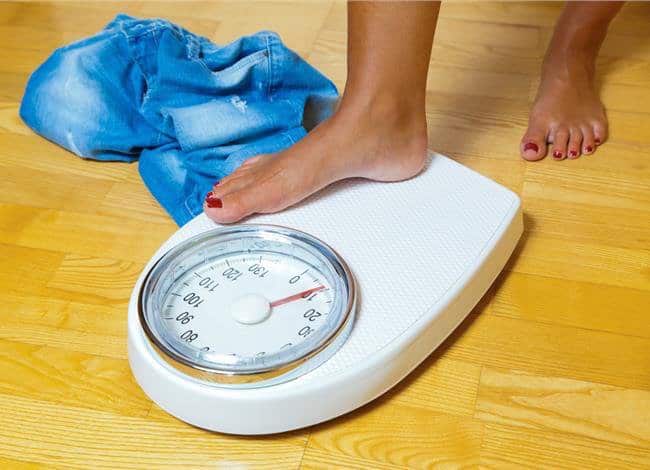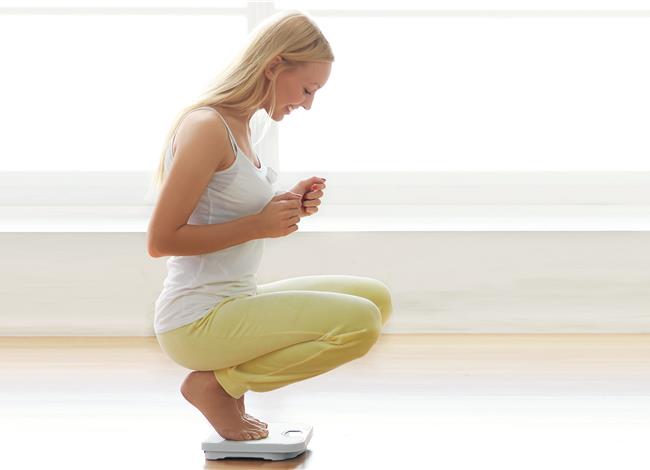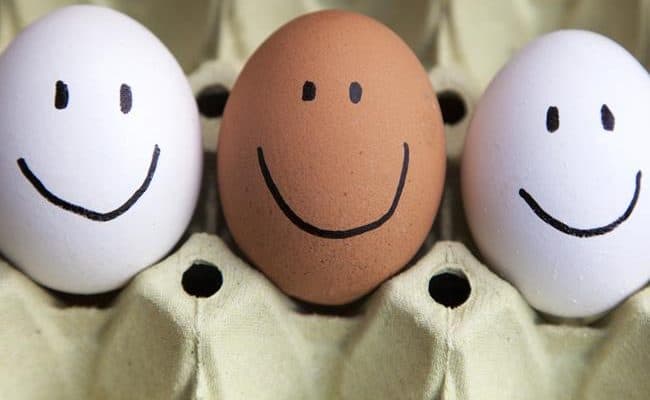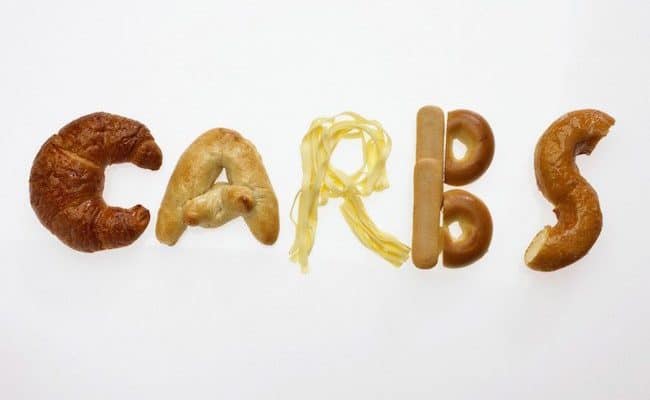
Whether it’s every day or every week, weighing yourself can be a helpful tool during weight loss and help with weight maintenance. Proponents of weighing yourself often suggest it can help stop subtle weight gain and keep you honest.
Best time to weigh yourself: Weighing yourself at the same time every day, ideally in the morning before eating breakfast and after going to the bathroom, is the most accurate way to find your true weight.
Weighing yourself at different times on different days won’t give you an accurate picture.
Weight yourself in the morning
The most common time for weighing yourself is in the morning. Ideally, weigh yourself before eating breakfast and after going to the bathroom.
This may be your “true” weight because you don’t have extra weight from food and fluid in your digestive tract.
Wear minimal clothing when you are on the scale for the most accurate measurement, as bulky clothing can add some extra weight.
If you exercise in the morning, ideally weight yourself before exercise.
If you weight yourself after exercise, you will be taking into account fluid loss from sweat, and that can vary from day to day.
Stay with the same time and same scale
Although the morning is the most common time for weighing yourself, it doesn’t really matter what time you weigh yourself as long as you are consistent.
If you want to weigh yourself in the afternoon or at night, that can work too.
Keep in mind your weight can fluctuate about 3 pounds throughout the day.
If you weigh yourself in the morning one day and the afternoon the next time, you really can’t fairly compare the two weights because they’re at different times.
Scales can vary in terms of accuracy. Try to use the same scale when weighing yourself, and don’t think too much about it if you weigh more or less on another scale.
Weight maintenance success
Research from the National Weight Control Registry (NWCR) suggests that weighing yourself during the weight maintenance phase can help against re-gaining weight.
The NWCR tracks people who have lost weight and kept the weight off. Seventy five percent of people on the NWCR weight themselves at least once a week.
A 2007 study also found that participants who did not weigh themselves regularly after losing weight were more likely to gain weight after going through weight loss.
One reason why weighing yourself during weight maintenance is that you are more likely to catch small increases of weight and make behavior changes before even more weight is gained.
Don’t get locked into a number
Weighing yourself consistently can be a positive tool to keep your weight and health on track. However, it’s important for everyone to remember that the number on the scale doesn’t give a further picture of what’s going on in the body.
Scales don’t provide information with how much your weight is lean mass or fat mass, and it can’t tell you if your weight loss or gain is from lean or fat mass.
Also, sometimes trying to stick to one number goal on the scale may not be realistic in some instances.
There are some scales on the market that can now give an estimate of body fat percentage through bio-electrical impedance.
This is another tool you can use to track your health, but keep in mind many things can sway the accuracy of this number like hydration level.
Don’t get into the mindset that you need to be at a certain number on the scale, and you are willing to do just about anything to get there.
Your overall health is better gauged by diet, exercise, sleep and stress habits than just looking at the scale number.
Should you weight yourself?
There is no set rule that in order for weight loss and staying at a healthy weight you need to weigh yourself. It works well for some people, and research suggests it can help keep weight off after going through weight loss.
However, some weight loss programs specifically do not use weighing as a part of their program, and certainly some people can keep weight off without even using a scale.
If someone struggles with disordered eating, using a scale could be more harmful than helpful.
If you find yourself obsessing about the scale number and weighing yourself multiple times a day, not using the scale at all may be a healthier approach.
Conclusion
Weighing yourself at the same time of the day is important for accurate weight monitoring.
Weighing yourself first thing in the morning can give you an accurate picture of your true weight before the normal daily fluctuations of weight change occur.
No matter what time you do weigh yourself, be consistent for the same time every day and using the same scale.
Some research suggests weighing yourself at least every week may help keep weight off after going through weight loss.
However, the scale shouldn’t be the only thing you use to monitor your health.
Balance is needed when using a number on the scale and realizing health is made up from more than just the scale number.
References used in this article











